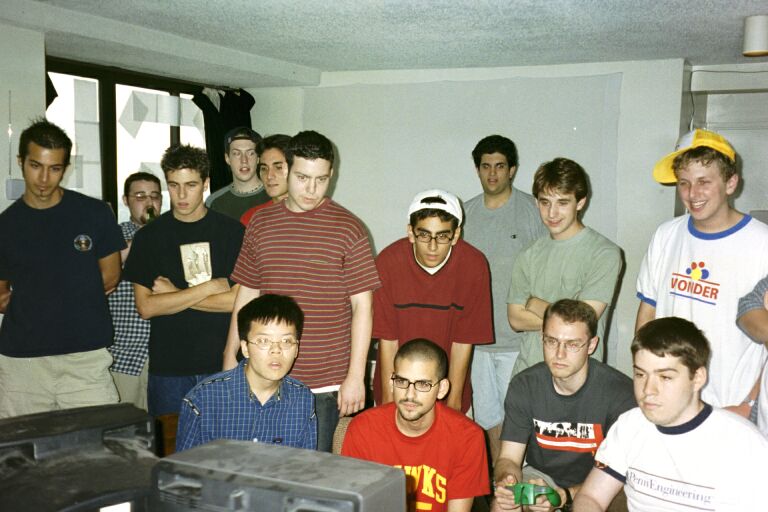Cheryl Olson and her colleagues at the Center for Mental Health and Media at Massachusetts General Hospital recently completed a study of the videogame habits of middle school youth. What is most interesting to me is that the results of the study have been described as “surprising.” One suspects that those surprised by the results do not play themselves, nor do they spend much time with teens.

For example, in contrast to the often-quoted stereotype that videogamers are a solitary, almost antisocial bunch, Olson et al reported that most teens play in groups, either in the same physical location or over the internet. Boys’ friendships frequently revolved around their gaming. Also not too shocking was the finding that in this large (1,254 respondents), diverse participant pool, only 6% of the teens reported NOT playing a videogame in the prior 6 months.
Unfortunately, the study also points out that girls are still less likely to play than boys. A third of the boys played every day, but only 10% of the girls did so. I say “unfortunately,” when many other psychologists would think this is a good thing, because in my humble opinion, videogames are the primary gateway to a sophistication in computer science. Nothing motivates a young person to learn how computers work more than the need to upgrade one’s equipment in order to play the latest game without crashing.
The study also pointed out that the M (for Mature, over 17) rating is not very helpful. Grand Theft Auto sports an M rating, yet is the #1 game for boys and the #2 (behind the ubiquitous Sims) game for girls. Two-thirds of the boys and a quarter of the girls had played an M-rated game “a lot” in the previous six months.
Of course, the latter finding led to the usual adult “tut tut” about removing consoles from bedrooms and supervising gaming activity more closely. I think this is jumping the gun, if you will pardon a violent analogy no doubt brought on by too many hours playing Zelda….Personally, I find the research purporting to show that playing videogames somehow raises one’s violent tendencies to be less than compelling. Sure, there may be an occasional person who has difficulty, but most teens and young adults I know are rather clear about the differences between fantasy and reality, and behave accordingly.
It was refreshing to see that Olson acknowledged to Science Daily that “youth crime has actually declined, so most kids who play these games occasionally are probably doing fine.” YES, they are.


1 Comment
rwest · March 3, 2008 at 12:19 pm
What surprised me the most about this report was that 6% of the subjects reported not playing any video games in 6 months. WHAT?! These were teenagers? I find this hard to believe. The rest of the results seem to be pretty accurate though.
Reading this study and recalling this past weekend, I’ve come up with a few questions I think you could answer. First is, why do females seem to like Sims so much? My girlfriends’ little sister is a gamer, and this girl plays Sims like there’s no tommorrow and today is her last chance to ever play it. I like Sims and all but I need something different to make me stay up all night playing. Second question is if any research has been done on the effects of long-term playing. Not the long-term you might be thinking either but the long-term in one single session. Like the beginning at nine at night and ending at five in the morn. Is this detrimental to vision? I think this would be bad for one’s sleeping routine but are there other effects?
Comments are closed.